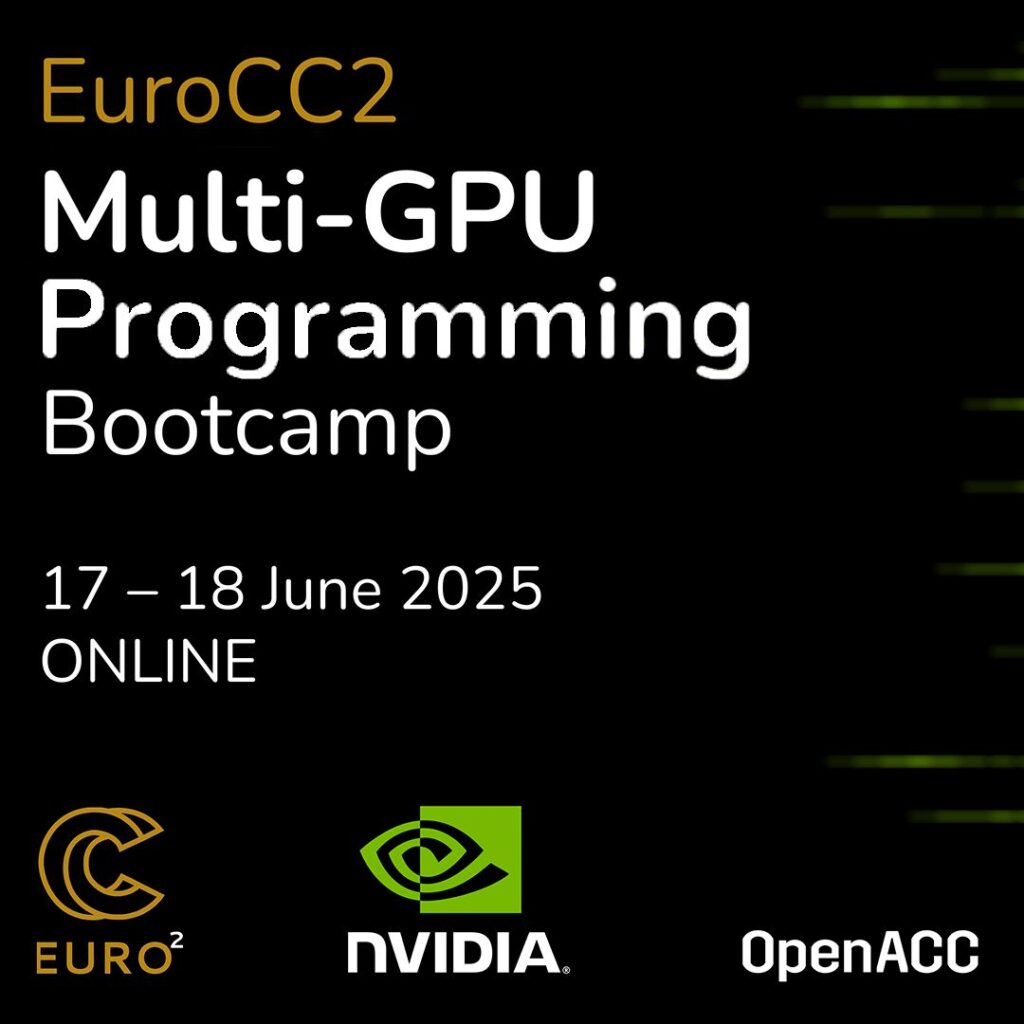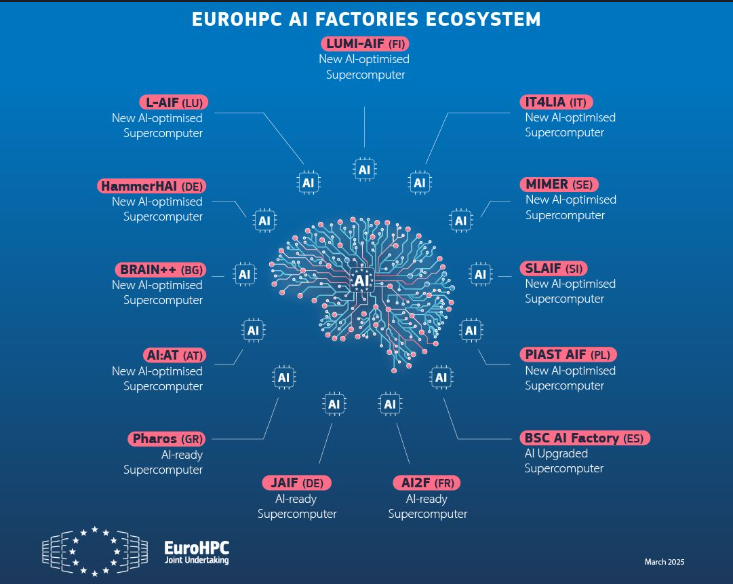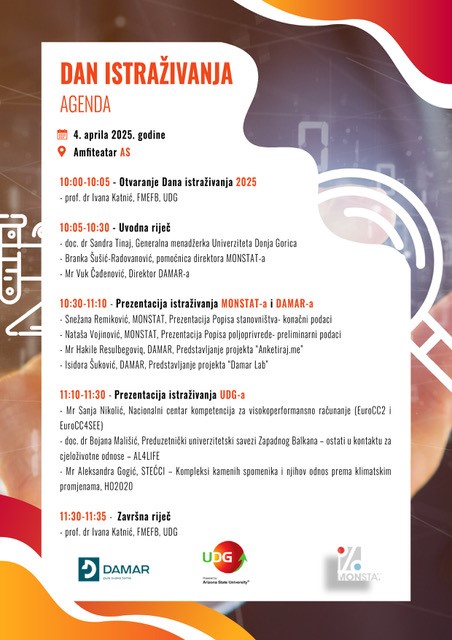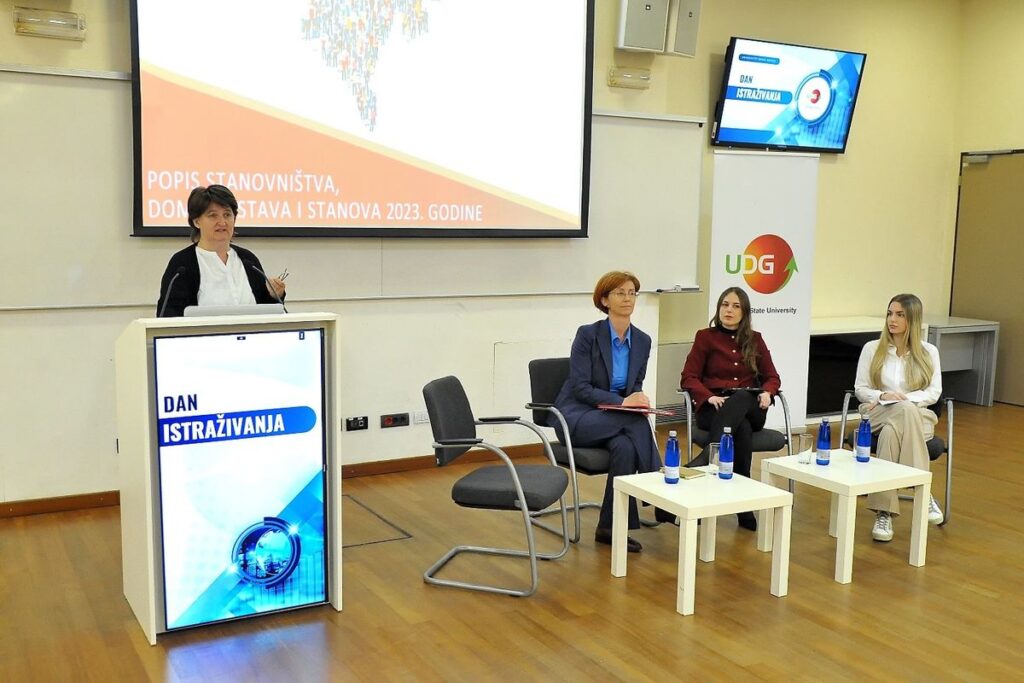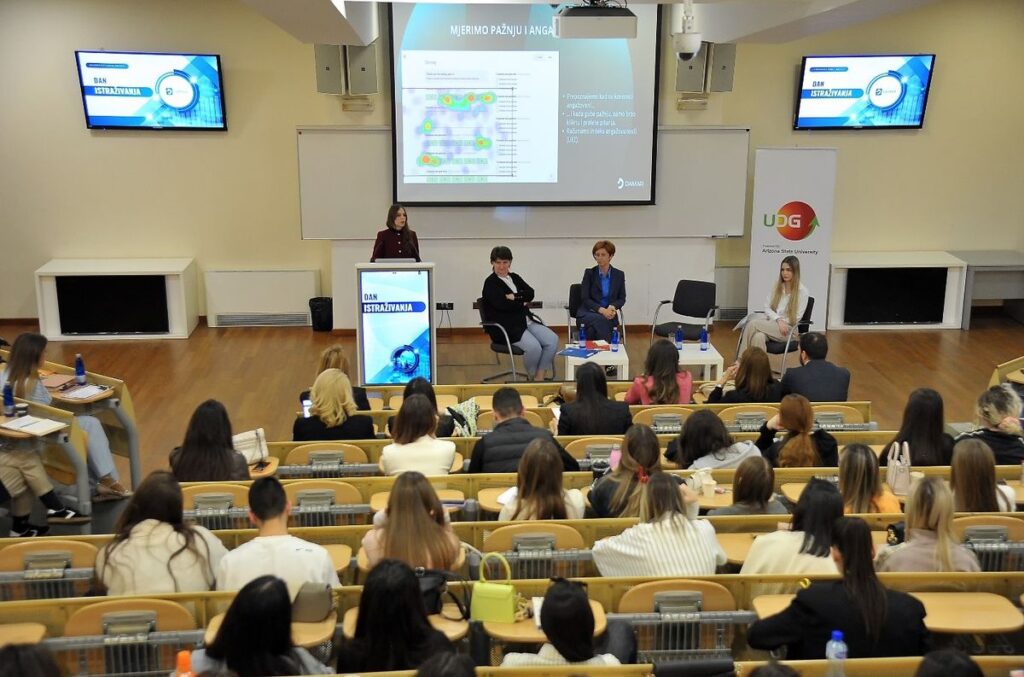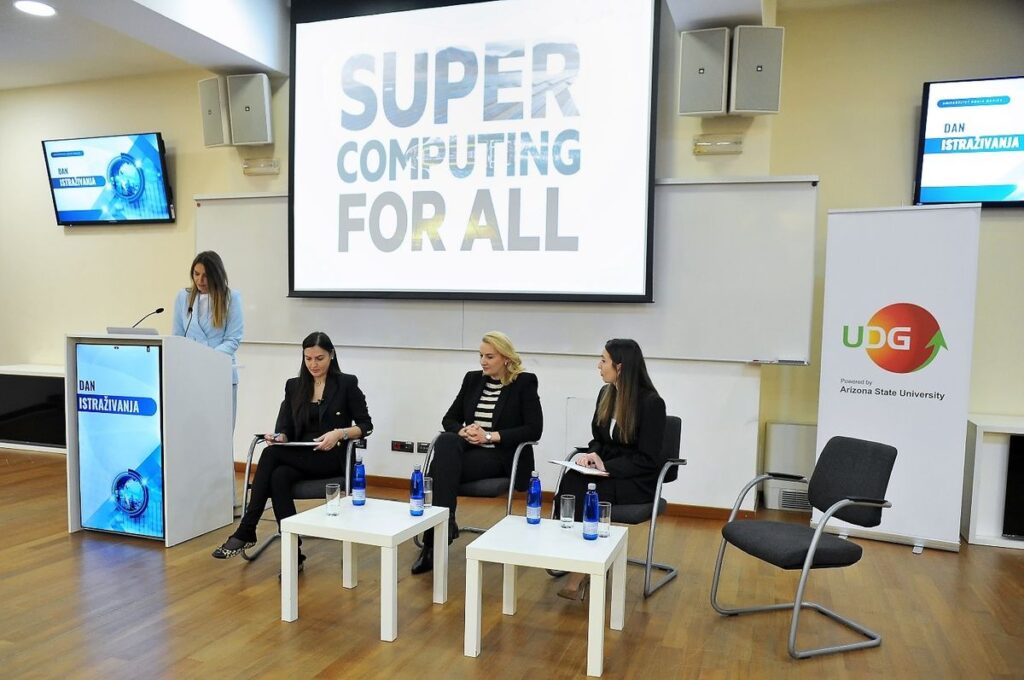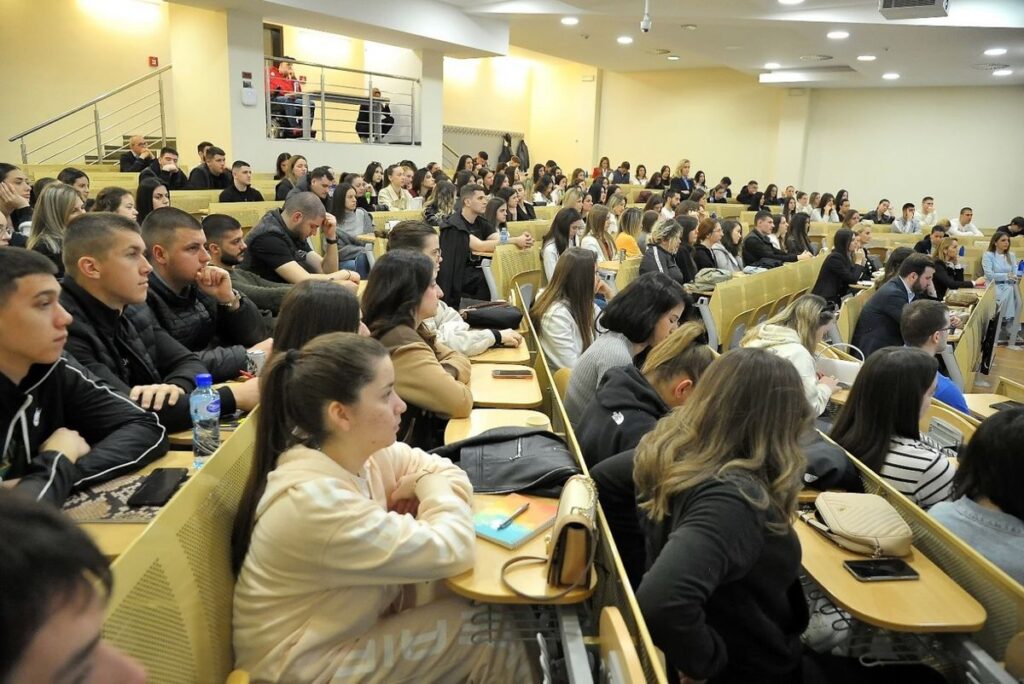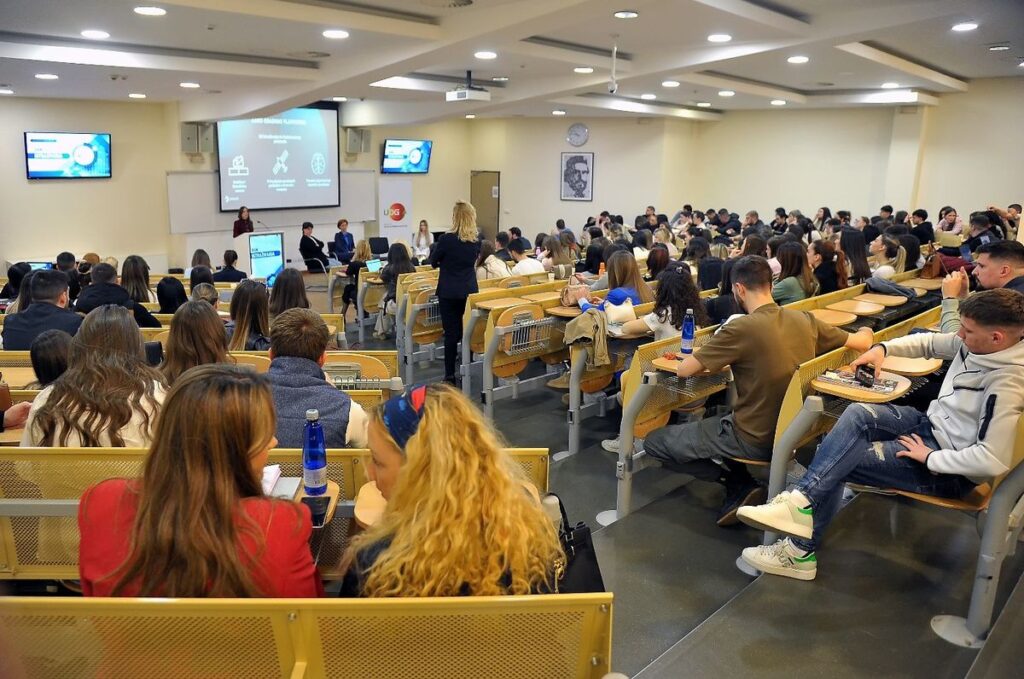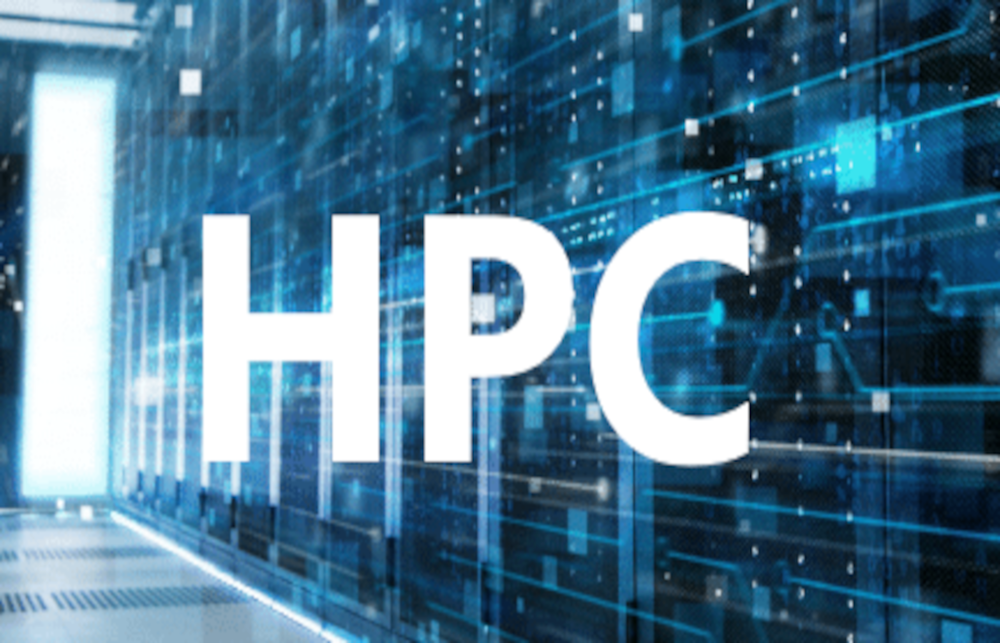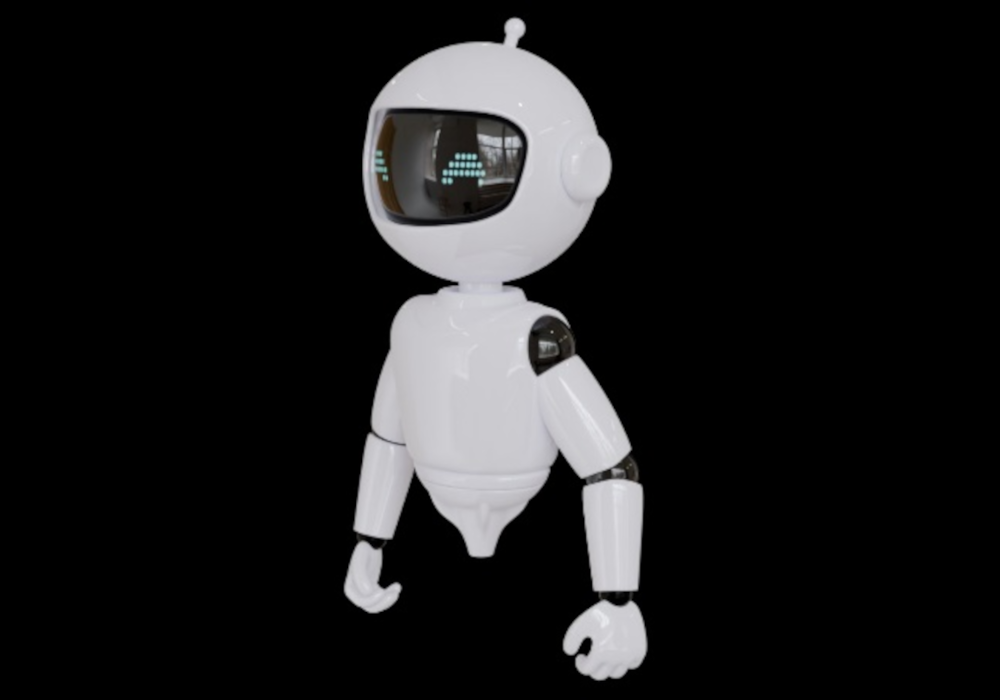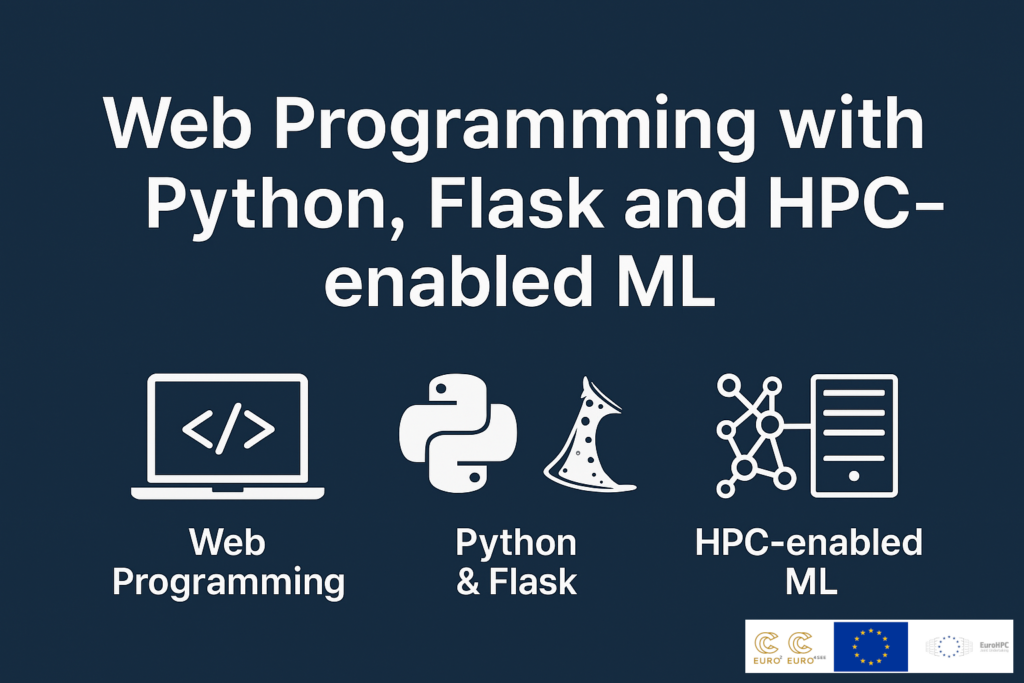Want to learn how to use artificial intelligence in scientific research? Or how to write efficient parallel code for computations on multiple graphical accelerators?
Join one of the upcoming NVIDIA bootcamps – fully online, free of charge, and led by experts from the field. Registration capacity is limited – don’t wait too long!
AI for Science Bootcamp (27-28 May 2025)
- Learn how to use tools like PyTorch, NVIDIA Modulus, and NeMo to tackle scientific problems using artificial intelligence.
- Link: https://lnkd.in/e7h7n-52
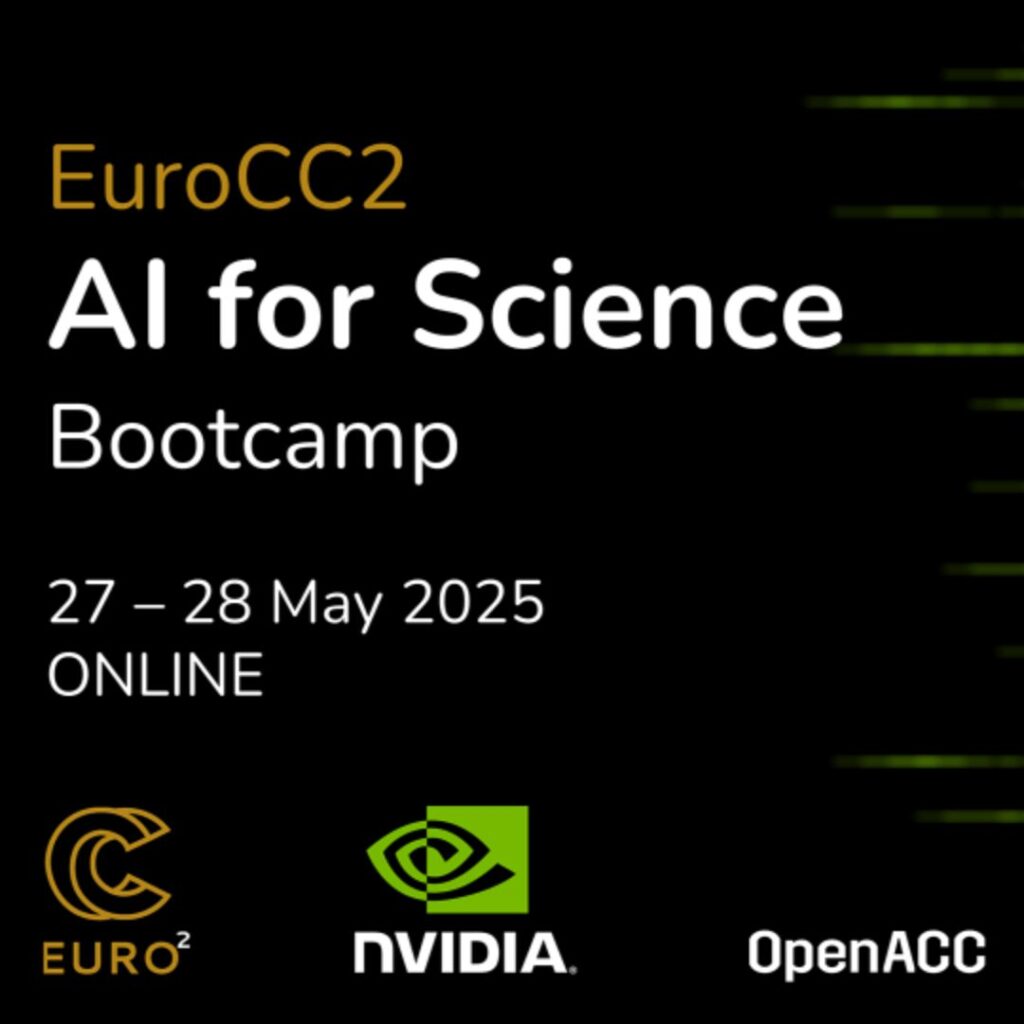
Multi-GPU Programming Bootcamp (17-18 June 2025)
- Interested in performance scaling and parallel programming across multiple graphical accelerators? This course will walk you through writing efficient multi-GPU code using libraries such as NCCL and NVSHMEM.
- Link: https://lnkd.in/ekPSGCRg
